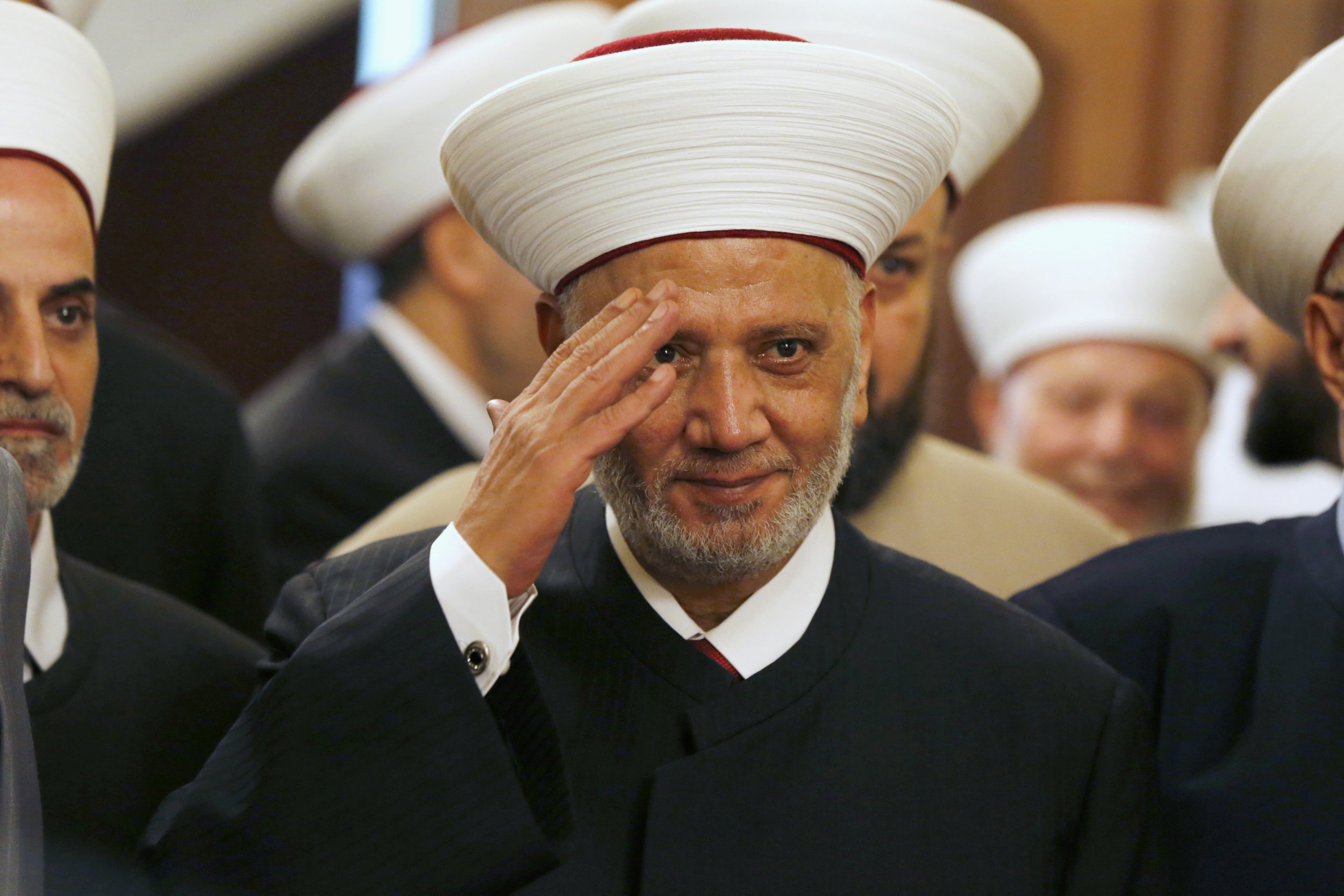The Muslim Council of Elders, a prominent international organization, has emerged as a surprising yet powerful voice on the world stage in the fight against climate change. Led by the Grand Imam of Al-Azhar, Ahmed el-Tayeb, the Council has leveraged its influence to advocate for environmental stewardship and inspire concrete action.
The Council's environmental efforts focus on two key areas: education and interfaith cooperation. Recognizing the critical role of young people in addressing the climate crisis, the Council has emphasized incorporating environmental awareness into educational curriculums. This focus aligns with the United Nations' Sustainable Development Goals (SDGs) on education and climate action. By educating future generations about environmental challenges and solutions, the Council hopes to cultivate a more environmentally conscious citizenry.
Interfaith cooperation is another cornerstone of the Council's environmental agenda. Recognizing that environmental problems transcend religious boundaries, the Council has actively fostered dialogue with leaders from other faiths, including Pope Francis. This dialogue aims to establish a united religious front in the fight against climate change. A united message from religious leaders holds significant weight, potentially influencing the behavior of millions of followers worldwide.
The Council's efforts haven't gone unnoticed. Ahead of the COP26 climate change conference in Glasgow in 2021, the Grand Imam issued a stark warning about the urgency of addressing climate change. This intervention highlighted the growing recognition among Muslim leaders of the gravity of the environmental crisis. Furthermore, during COP28, held in the United Arab Emirates last year, the Council redoubled its efforts to engage religious leaders on climate issues. Judge Mohamed Abdelsalam, the Council's Secretary-General, undertook several visits to the Vatican to meet with Pope Francis, specifically discussing initiatives to galvanize faith leaders in tackling environmental challenges.
The Council's environmental advocacy extends beyond pronouncements and meetings. The Council actively supports initiatives that promote environmental sustainability. Notably, the Council has endorsed the UAE's exceptional humanitarian efforts that aim to improve living conditions and promote sustainable development in underprivileged communities. These efforts, while focused on human welfare, also contribute to environmental well-being by fostering a more sustainable future.
The Muslim Council of Elders' foray into environmental advocacy marks a significant shift. Traditionally, religious organizations haven't been at the forefront of environmental activism. However, the Council's leadership recognizes the environmental crisis as a threat to humanity itself, transcending religious demarcations. This recognition, coupled with the Council's influence and strategic approach, has the potential to significantly impact the global fight against climate change.

